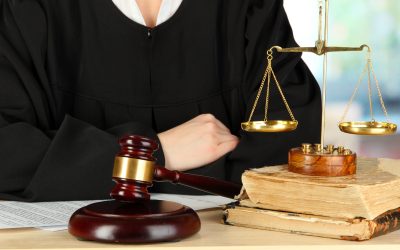Why Truck Accident Liability Is More Complex
Unlike standard car accidents, truck collisions often involve multiple parties, each with potential responsibility. Determining liability requires a thorough investigation into several factors, including vehicle maintenance, driver actions, company policies, and federal trucking regulations.
Common Parties That May Be Held Liable
1. The Truck Driver
If the driver was speeding, distracted, under the influence, or violating hours-of-service rules, they may be directly liable for the crash. Fatigue and impaired judgment are frequent causes of long-haul trucking accidents.
2. The Trucking Company
Employers can be liable under the legal theory of “vicarious liability” if their employee caused the crash during work-related duties. Additionally, if a company hires unqualified drivers or encourages unsafe practices, they may be held independently liable.
3. The Truck Owner or Maintenance Provider
If poor vehicle maintenance contributed to the accident—such as brake failure or tire blowouts—the party responsible for upkeep could be at fault. This is common in situations where trucks are owned by one company but serviced by another.
4. Cargo Loaders or Shipping Companies
Improperly loaded or secured cargo can shift during transport, making the truck unstable. If this played a role in the crash, the loading company could share liability.
5. Vehicle Manufacturers
In rare cases, a defective truck part—like a faulty steering system or tire—can cause a crash. If proven, the manufacturer of the defective component could be held accountable.
What Evidence Is Used to Determine Liability?
To determine who is liable in a truck accident, legal teams and investigators often examine:
- Driver logs and hours-of-service records
- Black box data from the truck
- Maintenance and inspection reports
- Employment and training records
- Police reports and witness statements
- Photos and videos of the crash scene
All this evidence helps establish a timeline and identify where negligence may have occurred.
Arizona’s Comparative Negligence Rule
Arizona follows a pure comparative negligence system. This means that even if the injured party is partially at fault, they can still recover damages—reduced by their percentage of fault.
For example, if you were found 10% responsible and awarded $100,000 in damages, you would receive $90,000.
Truck accident claims are rarely straightforward. With large insurance companies and corporate legal teams involved, it’s important to have a clear strategy in place. If you’re unsure about your rights or need help gathering evidence, consider speaking with a legal professional.
To learn more, visit the truck accident page on the Folger Law Firm website or contact the team directly.
Determining who is liable after a semi-truck accident in Arizona can be complex, but taking quick action helps preserve evidence and protect your rights. Whether it’s the driver, the company, or a third-party contractor, identifying responsible parties is key to recovering compensation for your injuries, property damage, and financial losses.
If you or a loved one has been involved in a semi-truck crash in Phoenix, Scottsdale, Tempe, Peoria, or Glendale, reach out to Folger Law Firm to explore your legal options.



